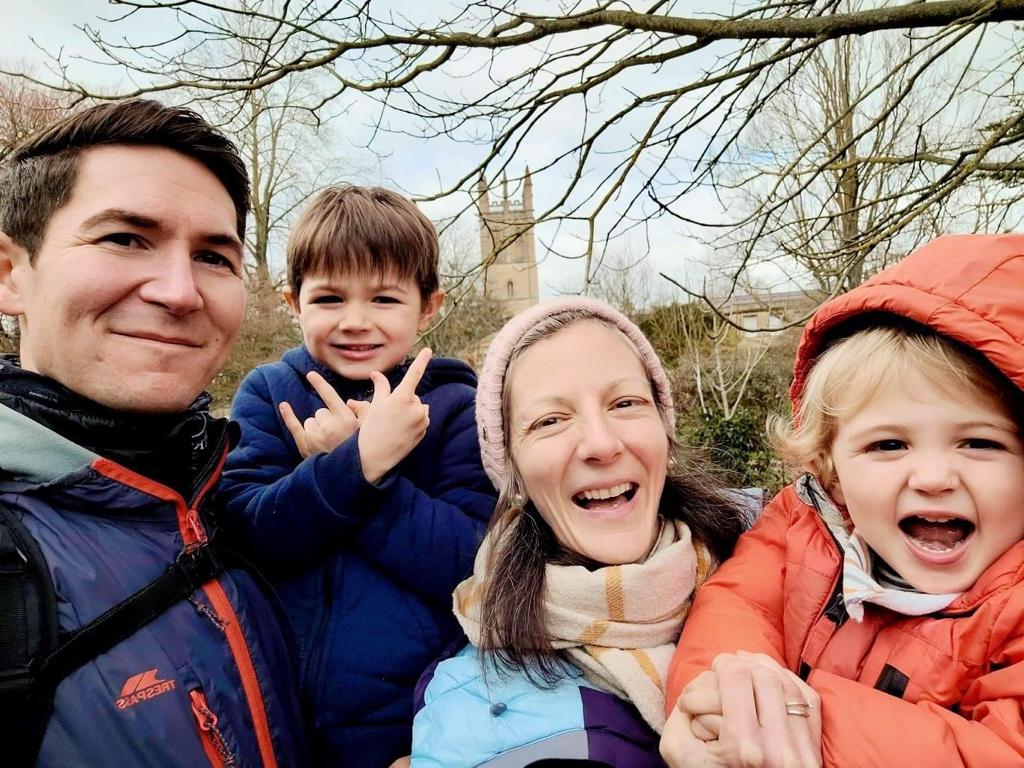
My 2.5-year journey with translocation renal cell carcinoma
April 30, 2024
This is a guest post by Dawn Dyson, 37, who was diagnosed with translocation renal cell carcinoma in 2022. Dawn…
Read More
We rounded up a few research highlights from the 2023 Congress of the European Society for Medical Oncology (ESMO), held recently in Madrid, Spain.
Two new first-line treatment immunotherapy options

Toripalimab is a new immunotherapy infusion, a humanized monoclonal antibody against PD-1. In combination with axitinib as a first-line treatment for advanced RCC, interim results from the randomized open-label phase III RENOTORCH study found that it was superior to treatment with sunitinib only, making it another potential treatment option. Notably, RENOTORCH was a clinical trial based in China and conducted in a Chinese population. In the trial, 421 advanced RCC patients were randomized to toripalimab plus axitinib or to sunitinib. After a media follow-up of 14.6 months, media progression-free survival improved in the toripalimab group (18 months vs 9.8 months in the sunitinib group) and the overall response rate was 57% vs 31%. About two-thirds of patients reported serious side effects for each treatment, though more patients stopped the combination treatment because of side effects, and the number of deaths were similar. “Toripalimab in combination with axitinib has the potential to become a new standard first-line treatment for advanced RCC,” said Dr. Xinan Sheng, who presented the results during ESMO 2023. Toripalimab (Tuoyi) was developed by Shanghai Junshi Biosciences. Dr. Astrid A. Van Der Veldt of Erasmus University Medical Center in the Netherlands, commented on the study, saying that considering the worldwide burden of kidney cancer and that approximately 15% of all kidney cancer-related deaths occur in China, there is need for another immunotherapy-TKI combination option. “The authors of this study can be congratulated… for approval of this in China,” she said. [ESMO 2023, Abstract 1882O] Read more.
A phase I study of the anti-PD-1 and anti-CTLA-4 immunotherapy volrustomig showed efficacy in a group of 65 people with advanced RCC who had never been treated before. Patients were randomized to either 750 mg or 500 mg infusions of volrustomig until their cancer progressed or the side effects became intolerable. Over a median 16 months of follow up, nearly half of patients on both doses responded to the treatment with those in the higher-dose group having a higher complete response and longer progression-free response, though that group also had more serious treatment-related side effects. The median duration of response was 13.2 months and 8.4 months in the 750 mg and 500 mg groups, respectively. Future trials will evaluate volurostomig in combination with lengatinib. [ESMO 2023, Abstract 1883MO] Read more.
Why some clear cell RCC patients are “extreme responders” to immunotherapy
In order to determine why some patients with metastatic clear cell RCC have an “extreme” response to immunotherapy, a group of researchers looked at genomic and transcriptomic data in metastatic clear cell RCC patients who had never been treated before as well as examining baseline characteristics and outcomes including complete response to treatment, progression-free survival, or partial response with tumor shrinkage. The researchers defined extreme response as lasting and sustainable response including complete recovery. Their analysis suggested that the mutations that occur as tumors grow and the resulting neoantigens, which look like foreign proteins, as well as some specific characteristics of the tumor microenvironment drive the intense immune response in these extreme responders. These drivers are less or not present among intermediate responders and patients with progressive disease. This abstract was named the best poster in the renal cancer category at ESMO 2023. [ESMO 2023, Abstract 1891P]
